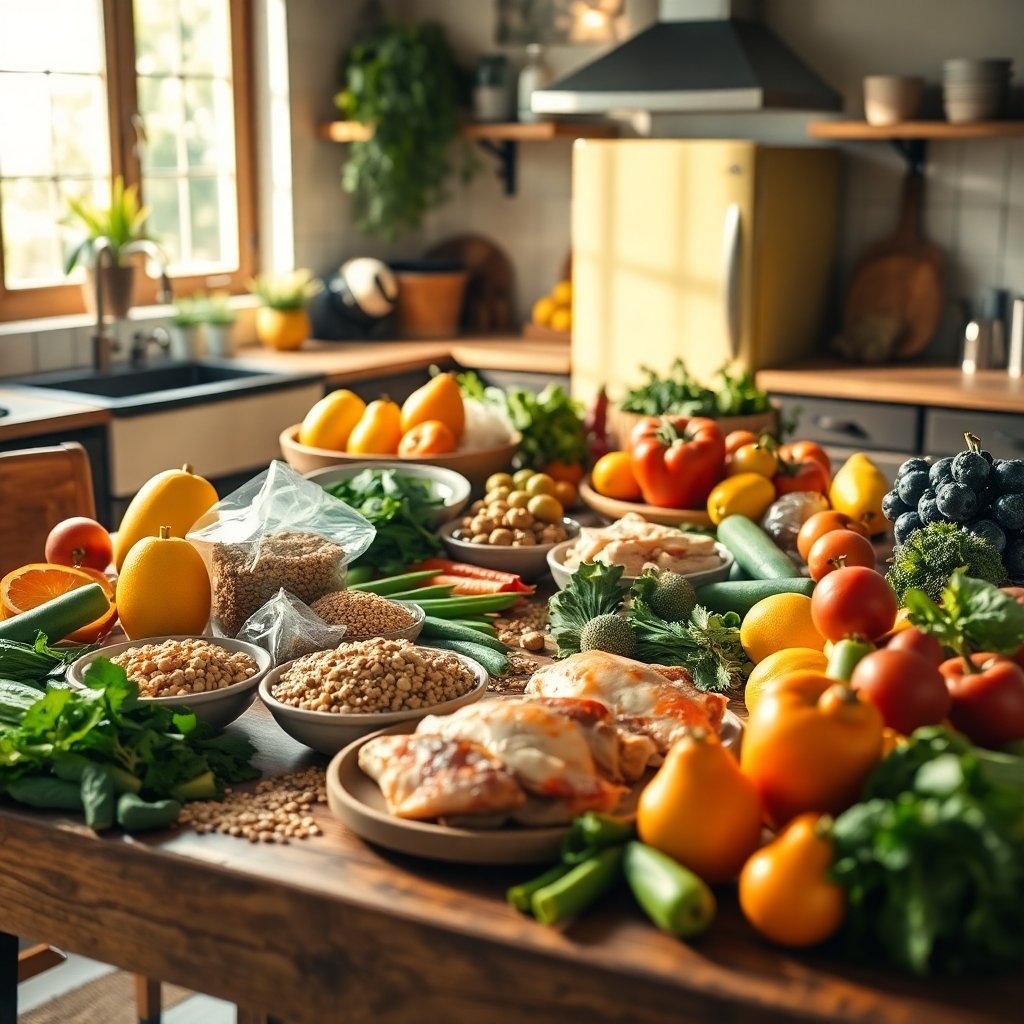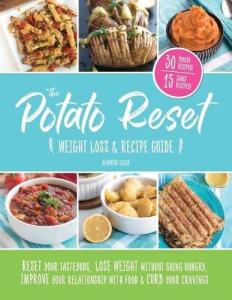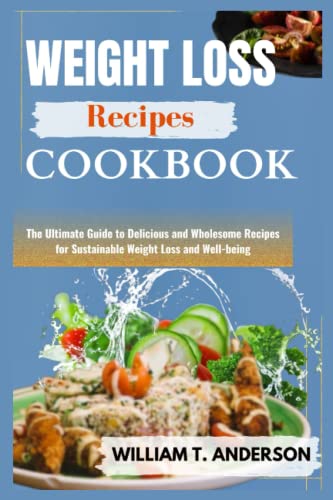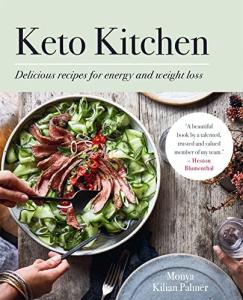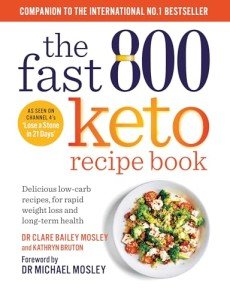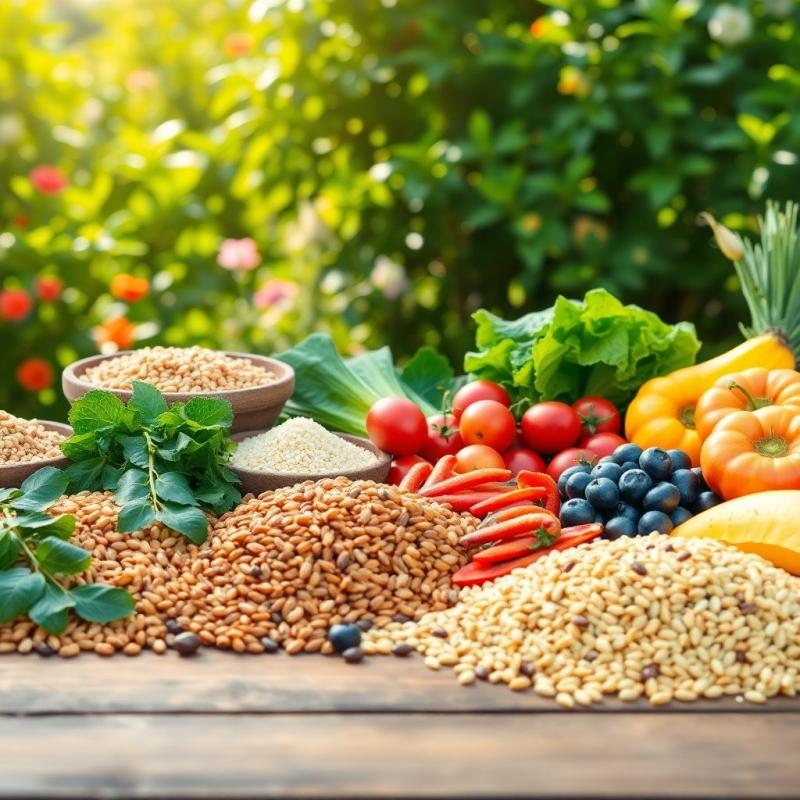Optimal Diets for Women Aged 20-30
As a young woman between the ages of 20 and 30, it is crucial to pay attention to your diet and ensure that you are providing your body with the essential nutrients it needs for optimal health. A well-balanced diet plays a vital role in maintaining energy levels, supporting brain function, promoting strong bones, and boosting your immune system. Let's take a look at some key nutrients that should be a part of your daily diet:
1. Protein: Protein is the building block of our cells, tissues, and muscles. It is important for overall growth, development, and repair. Include lean sources of protein like chicken, fish, eggs, tofu, and legumes regularly in your meals to meet your body's protein requirements.
2. Calcium and Vitamin D: Calcium is crucial for maintaining strong bones and teeth, while vitamin D aids in calcium absorption. Incorporate dairy products, such as milk, cheese, and yogurt, into your diet. If you are lactose intolerant or follow a vegan lifestyle, consider calcium-fortified plant-based milk alternatives like almond or soy milk. Spend time outdoors to naturally obtain vitamin D or consider a supplement if needed.

3. Iron: Iron is essential for carrying oxygen in our blood and preventing anemia. Leafy greens, such as spinach and kale, as well as red meat, beans, and fortified cereals, are excellent sources of iron. Pairing iron-rich foods with foods high in vitamin C, like citrus fruits and red bell peppers, helps enhance iron absorption.
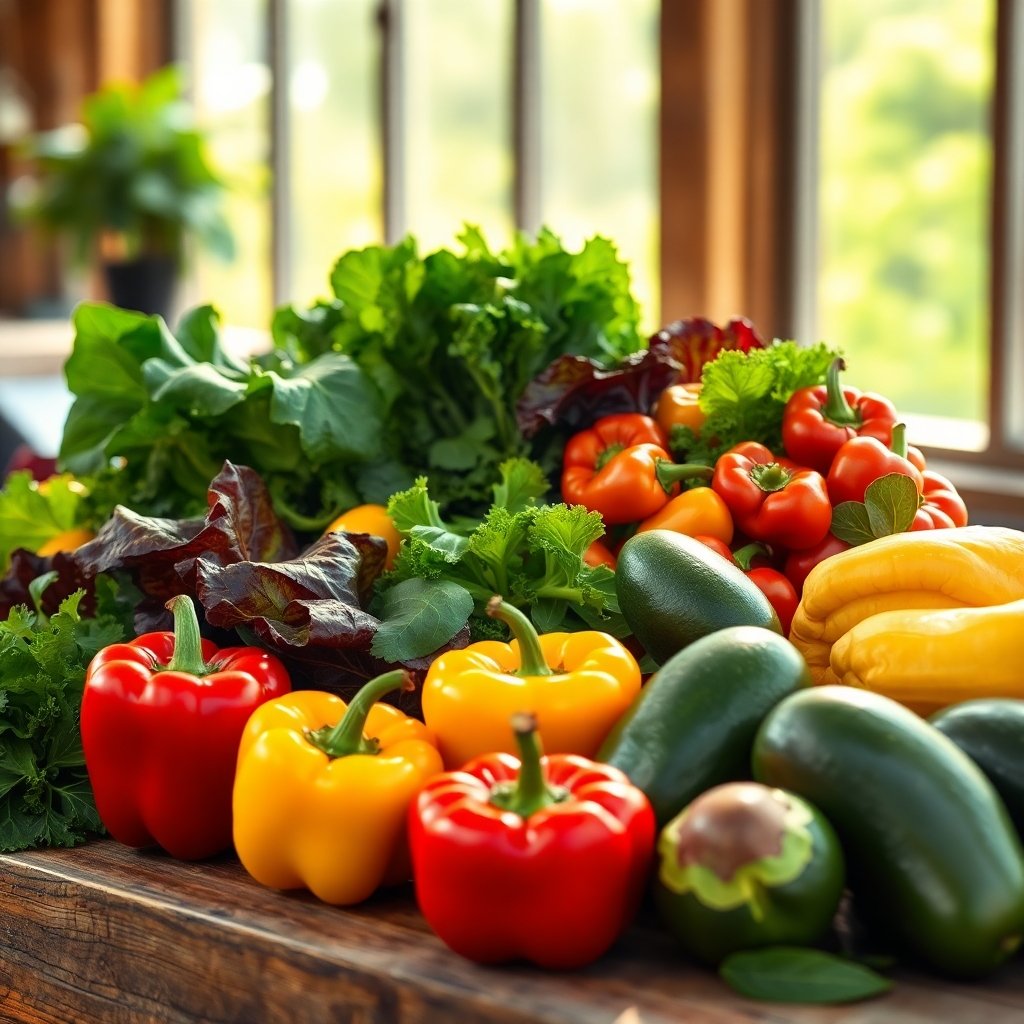
4. Omega-3 Fatty Acids: Omega-3 fatty acids are beneficial for brain health, reducing inflammation, and promoting healthy skin. Include fatty fish like salmon, mackerel, or sardines, as well as flaxseeds, chia seeds, and walnuts, in your diet to provide a good source of these essential fatty acids.
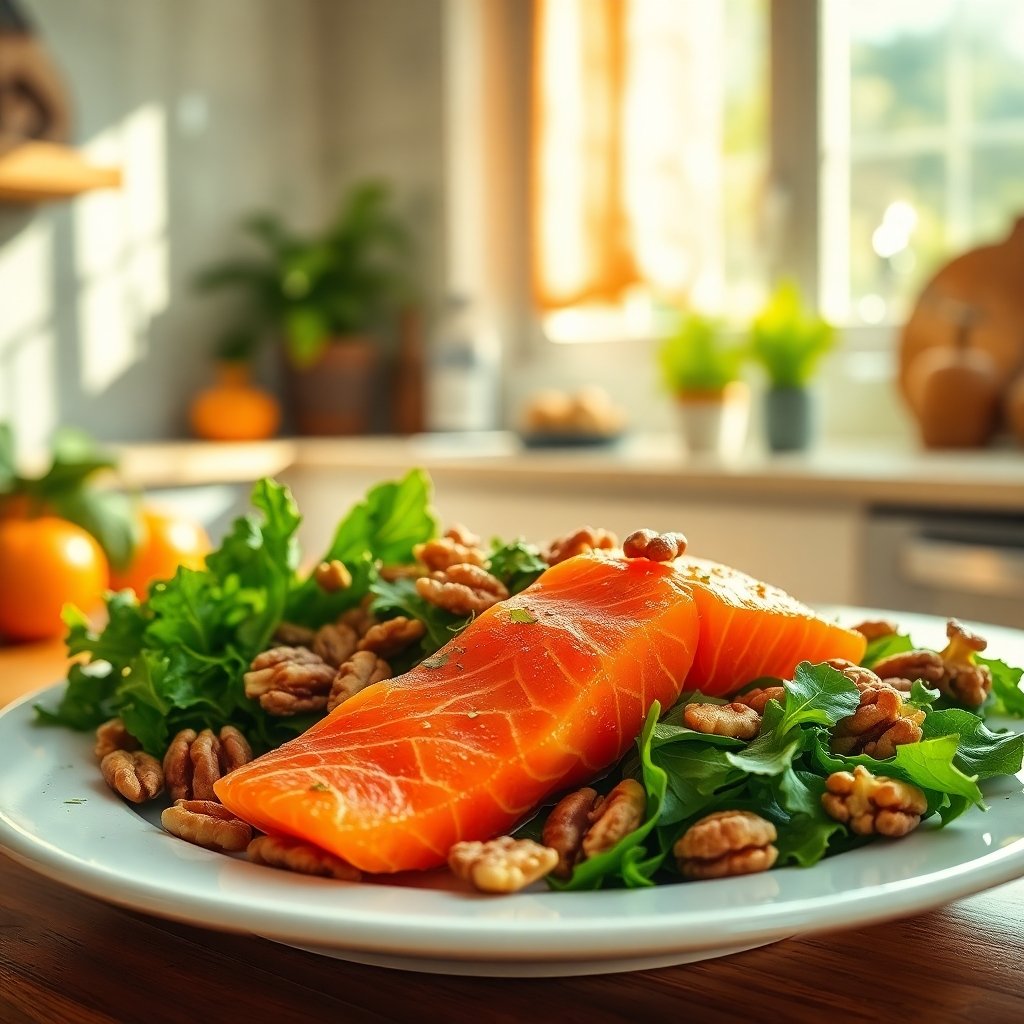
Balancing Your Plate: Building a Healthy Eating Pattern
When it comes to maintaining good health, a balanced diet plays a crucial role. For women aged 20-30, it becomes even more important to make nutritious choices that support overall well-being. A healthy eating pattern provides the necessary nutrients, vitamins, and minerals to meet the unique needs of this age group. By understanding the concept of balance, you can empower yourself to create an optimal diet that promotes vitality and helps prevent chronic diseases.
Firstly, it is essential to include a variety of nutrient-dense foods in your everyday meals. These foods should include fruits, vegetables, whole grains, lean proteins, and healthy fats. Aim to fill half your plate with colorful fruits and vegetables to ensure a rich intake of antioxidants and fiber. Whole grains such as brown rice, quinoa, and whole-wheat bread should make up about a quarter of your plate, providing valuable energy and essential nutrients.
Furthermore, incorporating lean proteins is crucial for building and repairing tissues. Options like poultry, fish, beans, and tofu are excellent sources of protein without excessive saturated fats. Including healthy fats, such as avocados, nuts, and olive oil, in moderation supports heart health and helps absorb fat-soluble vitamins.
In addition to the food choices you make, portion control also plays a significant role in maintaining a healthy eating pattern. Be mindful of the quantity of food you consume and practice moderation. Avoid oversized portions, and listen to your body to recognize feelings of fullness. Building healthy and sustainable eating habits is a journey that involves finding the right balance between different food groups and portion sizes.
Nourishing Your Mind and Body
When it comes to maintaining a healthy and balanced diet, women in their 20s and 30s have specific nutritional needs. Thankfully, nature has graciously provided us with an array of superfoods that can help nourish and support our minds and bodies. Incorporating these nutrient-rich foods into your daily meals can have a profound impact on your overall well-being and vitality. Let's explore some of the top superfoods that every woman in this age bracket should consider adding to her diet.
1. Avocado: Known for its creamy texture and rich flavor, avocados are a powerhouse of essential nutrients. Packed with monounsaturated fats, they can provide a sustainable source of energy throughout the day. Avocados are also an excellent source of vitamins E and C, which are known for their role in promoting healthy skin and immune function. Adding slices of avocado to your salads, smoothies, or spreading it on whole-grain toast can be a delicious way to incorporate this superfood into your daily routine.
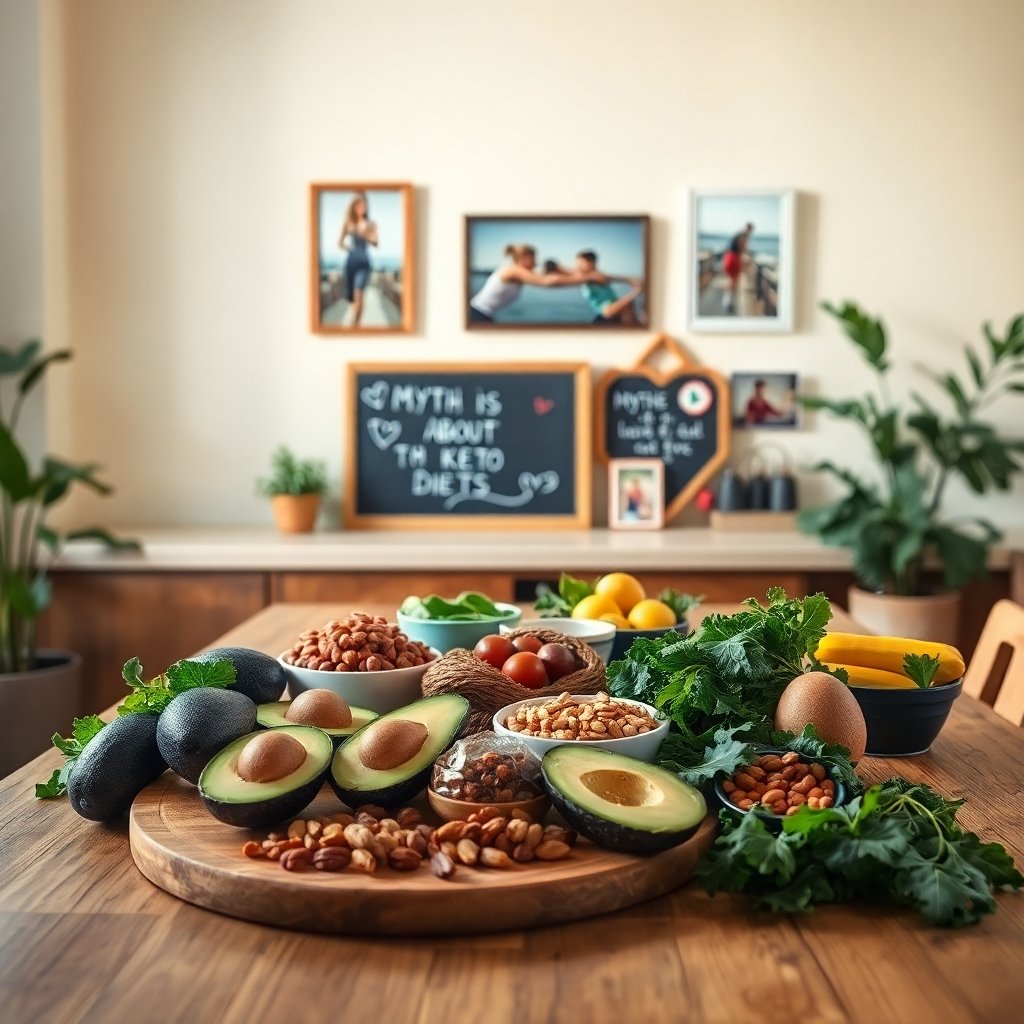
2. Quinoa: Often referred to as a "super grain," quinoa is a gluten-free whole grain that is high in protein and packed with essential amino acids. This ancient grain is not only a great source of energy but also provides important minerals like magnesium, iron, and phosphorus. Quinoa's versatility allows it to be used in a variety of dishes, from salads to stir-fries and even as a substitute for rice. Its nutty flavor makes it a favorite among health-conscious individuals and a valuable addition to a woman's diet.
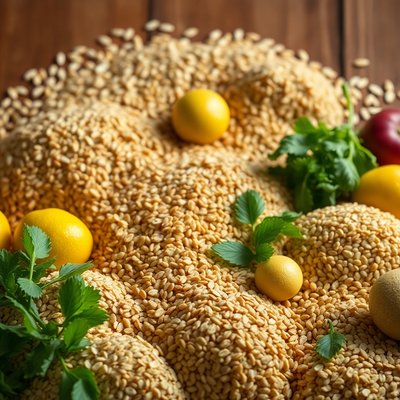
3. Blueberries: Bursting with antioxidants, blueberries are a delightful and nutritious fruit. Rich in vitamin C, fiber, and phytochemicals, they are believed to provide numerous health benefits. Regular consumption of blueberries has been associated with improved brain health and memory, reduced risk of heart disease, and anti-inflammatory effects. Add a handful of these vibrant berries to your morning oatmeal, yogurt, or simply enjoy them as a delicious snack.
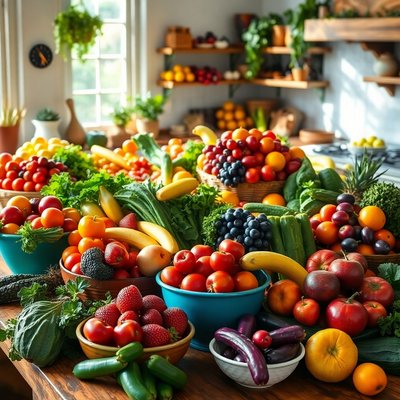
4. Spinach: Popeye had the right idea when he reached for a can of spinach to boost his strength. Spinach is a leafy green vegetable that is packed with essential vitamins and minerals. It is an excellent source of iron, which is crucial for women in their reproductive years to prevent anemia. Spinach is also rich in vitamin K, vitamin A, and folate. Whether used in salads, smoothies, or sautéed as a side dish, incorporating spinach into your diet can ensure you're getting a wide range of nutrients.
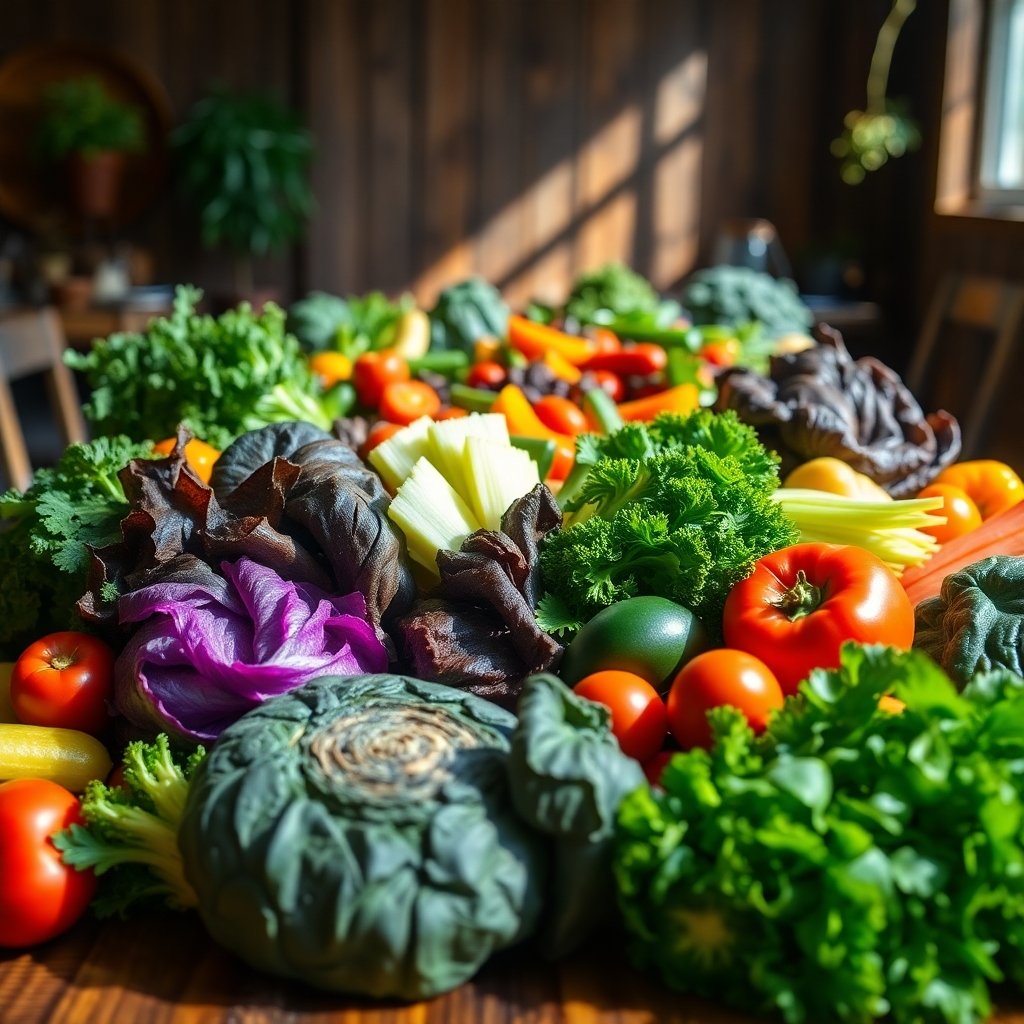
5. Salmon: Rich in omega-3 fatty acids, salmon is an exceptional source of high-quality protein and healthy fats. Omega-3s have been linked to numerous health benefits, including improved heart health and brain function. These fatty acids are also known for their anti-inflammatory properties, which can help combat various diseases. Grilled, baked, or poached, salmon is a delicious fish that can be enjoyed in various ways and add a nutritious boost to your diet.
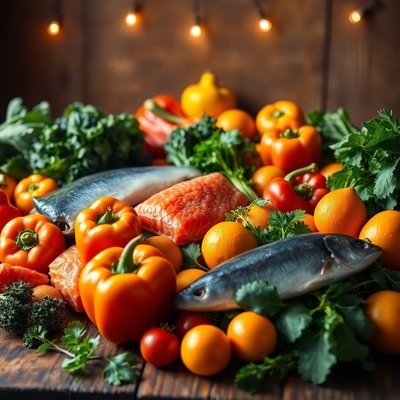
Remember, the key to optimal nutrition lies in incorporating a variety of nutrient-dense foods into your diet. By embracing these superfoods, you can nourish your mind and body, ensuring you're equipped to handle the challenges and joys that come with life in your 20s and 30s.
Tailoring Your Diet: Guidelines for a Vibrant Lifestyle
Remember when it comes to optimizing your diet, women aged 20-30 require careful consideration of their nutritional needs. A balanced diet not only ensures overall well-being, but also helps maintain energy levels, hormonal balance, and supports a vibrant lifestyle. Here are some guidelines to help you tailor your diet for optimal health:
1. Focus on whole, nutrient-dense foods: Incorporate a variety of fruits, vegetables, whole grains, lean proteins, and healthy fats into your daily meals. These foods are packed with essential vitamins, minerals, and antioxidants that promote glowing skin, strong bones, and a healthy immune system.
2. Prioritize protein: As a woman in her 20s or 30s, it's important to include sufficient protein in your diet. Protein aids in building and repairing tissues, supports muscle health, and assists in regulating hormones. Include sources such as lean meats, fish, eggs, legumes, nuts, and seeds in your meals.
3. Don't forget about essential nutrients: Make sure to consume enough calcium, iron, and folate which are particularly important for women. Dairy products, leafy greens, fortified cereals, and legumes are excellent sources of these nutrients.
4. Hydrate well: Staying hydrated is crucial for your overall health and well-being. Aim to drink at least 8 cups (2 liters) of water per day, and include other hydrating options like herbal teas, fresh juices, and fruits with high water content.
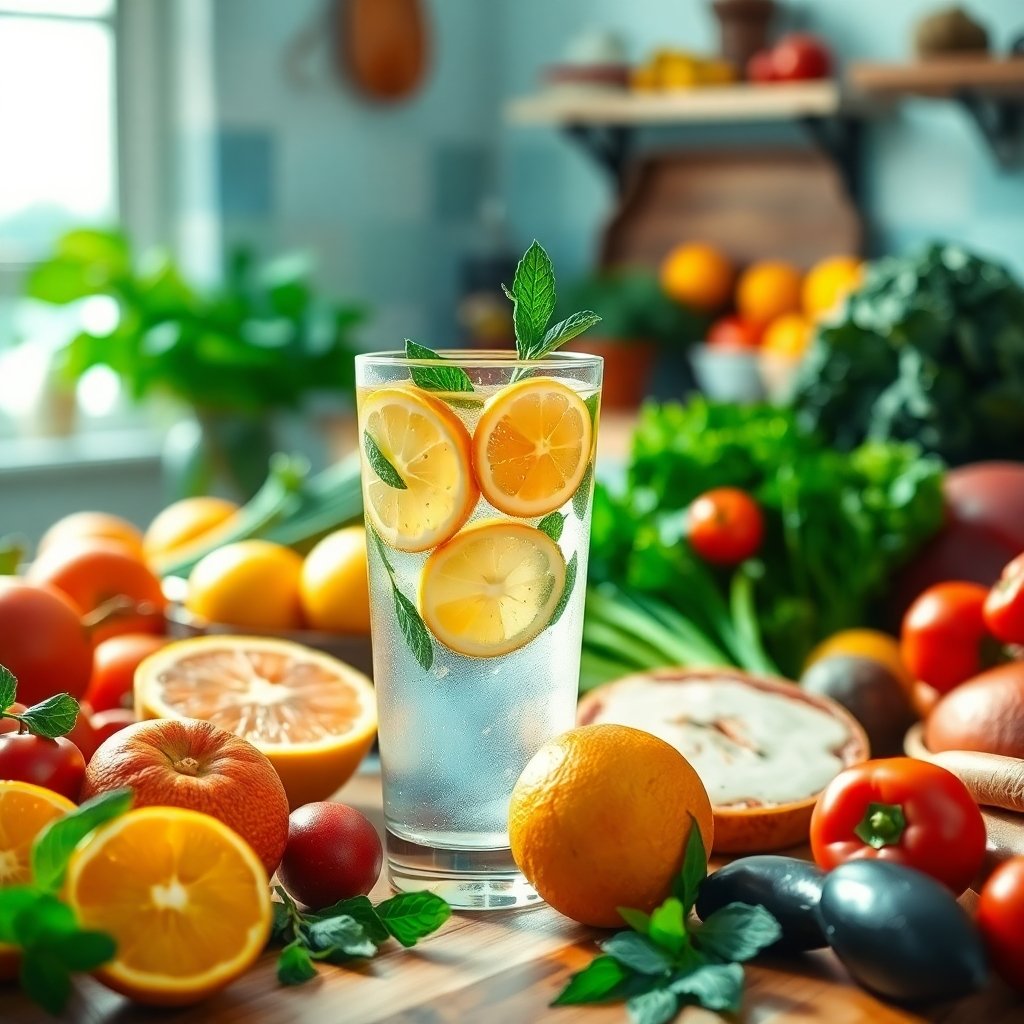
By following these dietary guidelines and adopting a well-rounded approach to your nutrition, you can best support your vitality and enjoy a vibrant and healthy lifestyle. Remember, everyone's nutritional needs may vary, so it's always a good idea to consult a healthcare professional for personalized advice.

